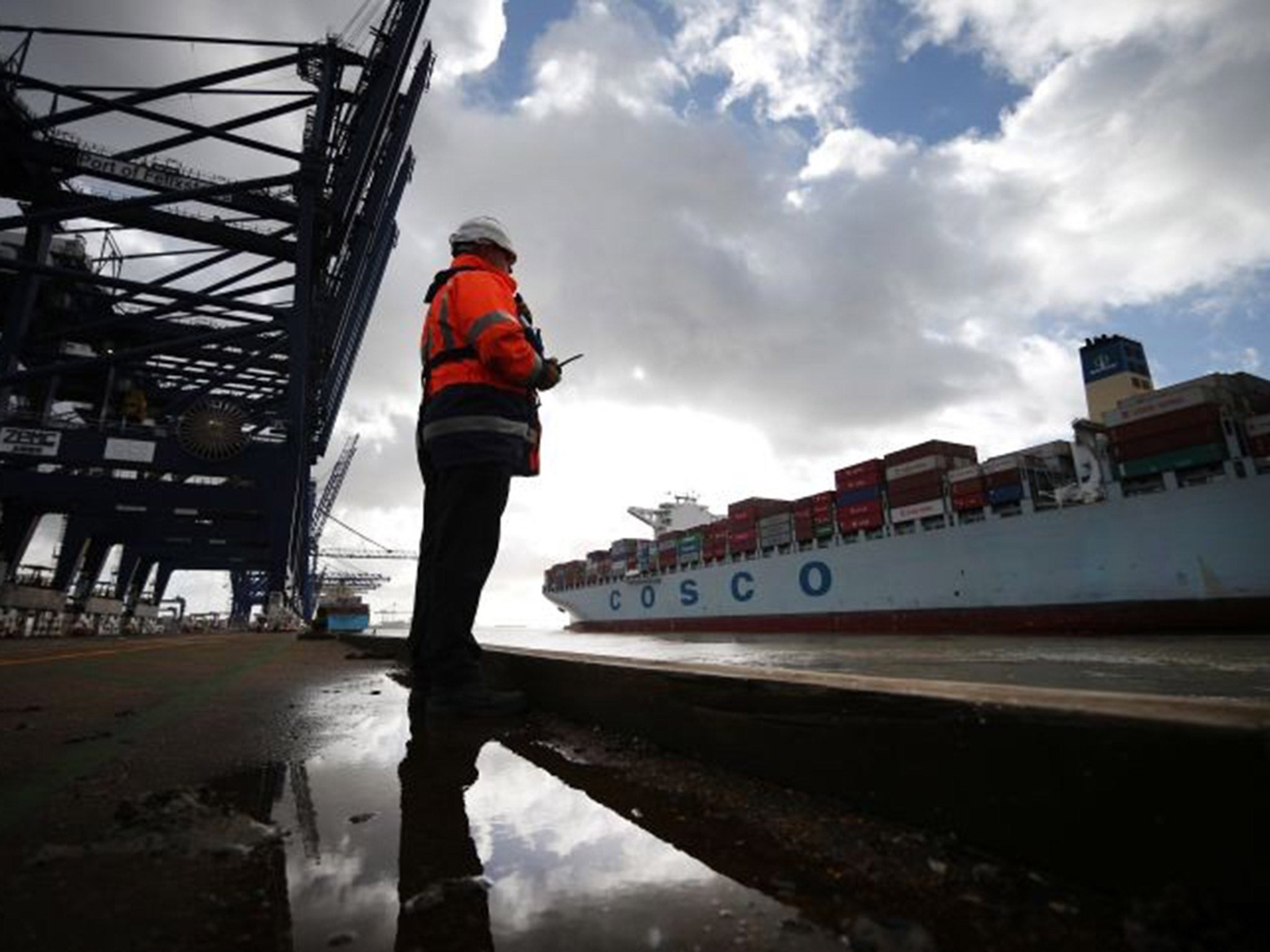David Cameron's trade deal with America outrages critics
Activists say the EU's transatlantic agreement will erode wages and employment rights

The free-trade agreement with the US that David Cameron has spearheaded at the European Union is expected to be widely condemned this week as bad for workers' rights and the environment. The deal opens trade between the US and the EU to an unprecedented level and threatens to do away with swaths of local regulations on businesses. Barack Obama, Mr Cameron and European ministers say removing such "barriers" will create jobs and boost the economies of both trading blocs.
The EU says the Transatlantic Trade and Investment Partnership deal (TTIP) could increase the region's GDP by 0.5 per cent by 2027 and create more than two million European jobs.
The Prime Minister championed the deal during his presidency of the G8 last year. The Department of Business, Innovation and Skills estimates that long-term it could raise UK national income by between £4bn and £10bn a year.
But critics say it will drive down European standards of wages and employment rights to US levels and erode environmental standards.
Activists are especially concerned by proposals to allow multinationals to sue countries in international arbitration courts, bypassing the laws and policies of democratically elected governments. The provision enabling them to do this is known as the investor state dispute mechanism. The negotiators pour scorn on such talk, accusing the activists of scaremongering.
Before the next round of TTIP talks in Brussels next week, War on Want is launching its "National Anti-TTIP tour". Speakers from the US and Germany will team up with unions including the NUT, Unison and Unite and representatives from other countries opposed to the plan. A demonstration on Saturday will include a march starting at the Department of Business in London.
Unite is pressing Mr Cameron to secure an exemption for the NHS. The union fears future governments will be blocked from renationalising privatised healthcare services because US multinationals could sue for jeopardising future profits.
Polly Jones of the World Development Movement, which is also stepping up its campaign against TTIP, said: "We've had some successes in the past blocking these enormous multilateral deals. Many developing countries don't like them. They don't feel it's fair that they should be pushed around by rich countries. The EU and US are responsible for half the world's trade and a third of all GDP. This will be a very dominant bloc and the smaller countries outside fear it."
Many groups are concerned about the proposed courts to settle investor state disputes. Ms Jones cited "chilling" cases brought under similar agreements. In one such case, a French utility group sued Egypt for raising the minimum wage; in another the US tobacco giant Philip Morris sued Australia for introducing plain cigarette packaging.
Other claimed threats include the adoption of less stringent food rules from the US which allow the sale of hormone-treated beef and pork. These are banned in the UK.
Subscribe to Independent Premium to bookmark this article
Want to bookmark your favourite articles and stories to read or reference later? Start your Independent Premium subscription today.

Join our commenting forum
Join thought-provoking conversations, follow other Independent readers and see their replies